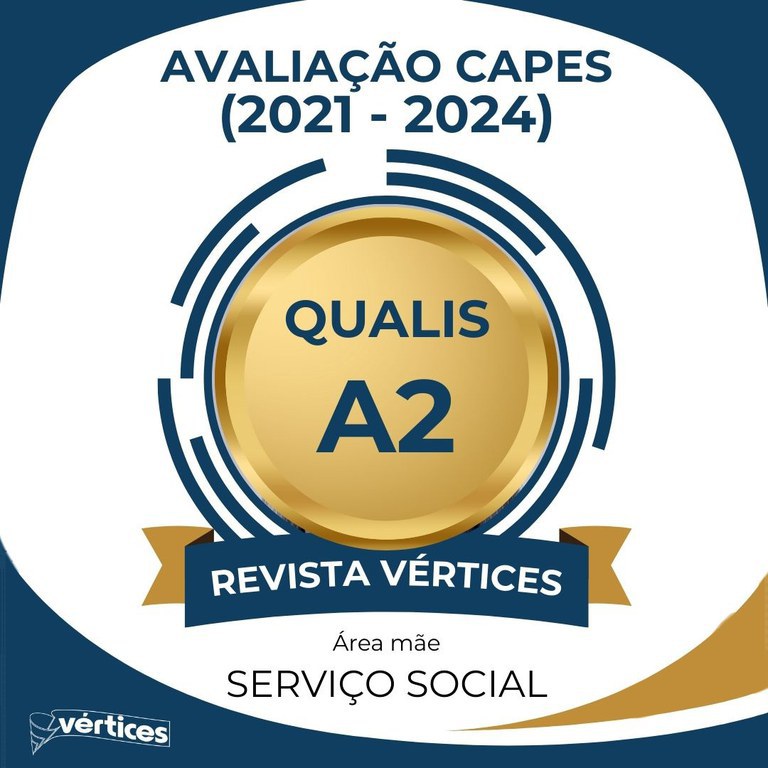Aesthetics and epistemology in technological education: elements from Freire and Marcuse
DOI:
https://doi.org/10.5935/1809-2667.20120062Keywords:
Aesthetics, Technological Education, STSAbstract
Briefly speaking, Aesthetics is an area of philosophy that studies Art and Beauty (and its inherent contradictories). Their interrelations with education, and especially with the scientific-technical education, have been explored by some authors, but their focus rarely considers the ideological and epistemological dimensions of this more subtle articulation. Those aspect have been overlooked mostly in the training of engineers, architects and designers. Equally remarkable is the arbitrary disjunction between Aesthetics ('feelings'), Ethics ('values') and Logic ('truths') that characterizes much of our culture and our curricula, especially those of epistemological uncritical nature. This study comes to the conclusion that critical STS (Science, Technology and Society) perspective on Technological Education, in which it considers aesthetic aspects, invites a liberating educational approach in the sense given by Paulo Freire. It also recognizes interfaces with the Critical Theory of the Frankfurt School, especially the philosophy of Herbert Marcuse. We suggest the need to rethink the practical implications of these coincidences and intersections. Critical STS must argue, starting with elements of the philosophy of technology, including aesthetics, what are the consequences of the 'unidimensionality' for a project of man and society.Downloads
References
FEYERABEND, Paul. Contra o Método. Rio de Janeiro: Livraria Francisco Alves Editora S.A., 1977.
FLECK, Ludwik. La Génesis y el Desarollo de un hecho científico: Introducción a la teoria del estilo de pensamiento y del colectivo de pensamiento. Madrid: Alianza Editorial, 1986.
FREIRE, Paulo. A Importância do Ato de Ler: em três artigos que se completam. São Paulo: Autores Associados: Cortez, 1989.
FREIRE, Paulo. Educação e Mudança. 31. ed. São Paulo: Paz e Terra, 2008.
GADOTTI, Moacir (Org.). Paulo Freire: uma bibliografia. São Paulo: Editora Cortez, 1996.
HEERTUM, Richard Van. Marcuse, Bloch and Freire: reinvigorating a pedagogy of hope. Policy Futures In Education, Oxford, v. 4, n. 1, p.45-51, 2006. Bimestral. Disponível em: <http://dx.doi.org/10.2304/pfie.2006.4.1.45>. Acesso em: 01 jul. 2009.
HESSEN, Johannes. Teoria do Conhecimento. São Paulo: Martins Fontes, 2000.
KUHN, Thomas S. A Estrutura das Revoluções Científicas. 7. ed. São Paulo: Perspectiva, 2003.
MARCUSE, Herbert. Eros e Civilização: Uma Interpretação Filosófica do Pensamento de Freud. 6. ed. Rio de Janeiro: Zahar Editores, 1975.
MARCUSE, Herbert. The Aesthetic Dimension: Toward a Critique of Marxist Aesthetics. Boston: Beacon Press, 1978.
SANTOS, Boaventura de Souza. Um Discurso Sobre as Ciências. 3. ed. São Paulo: Cortez, 2005.
SNOW, C. P. As Duas Culturas e uma Segunda Leitura. São Paulo: Edusp, 1995.
SUASSUNA, Ariano. Iniciação à Estética. 5. ed. Recife: Editora Universitária da UFPE, 2002.
ZANETIC, João. Física também é cultura. São Paulo, 1989. Tese (Doutorado em Educação) - Faculdade de Educação da Universidade de São Paulo.
ZANETIC, João. Física e arte: uma ponte entre duas culturas. In.: ENPEC - ENCONTRO NACIONAL DE PESQUISA EM EDUCAÇÃO EM CIÊNCIAS, 7., 05 a 08 de junho de 2002, Águas de Lindóia – SP.
Downloads
Published
Issue
Section
License
The authors of the manuscript submitted to Vértices, hereby represented by the corresponding author, agree to the following terms:
The authors retain the copyright and grant Vértices the right of first publication.
At the same time the work is licensed under the Creative Commons Attribution 4.0 International License, allowing third parties to copy and redistribute the material in any medium or format and to remix, transform, and build upon its content for any legal purpose, even commercially, provided the original work is properly cited.
Authors will not receive any material reward for the manuscript and Essentia Editora will make it available online in Open Access mode, through its own system or other databases.
Authors are authorized to enter into additional contracts separately for non-exclusive distribution of the version of the work published in Vértices (eg, publish in institutional repository or as book chapter), with acknowledgment of authorship and initial publication in this journal.
Authors are permitted and encouraged to disseminate and distribute the post-print (ie final draft post-refereeing) or publisher's version/PDF at online information sources (eg, in institutional repositories or on their personal page) at any time after the first publication of the article by Vértices.
Essentia Editora may make normative, orthographic and grammatical changes in the originals in order to maintain the standard language, with the final consent of the authors.
The content and opinions expressed in the manuscript are the sole responsibility of the author (s).
























1.png)



